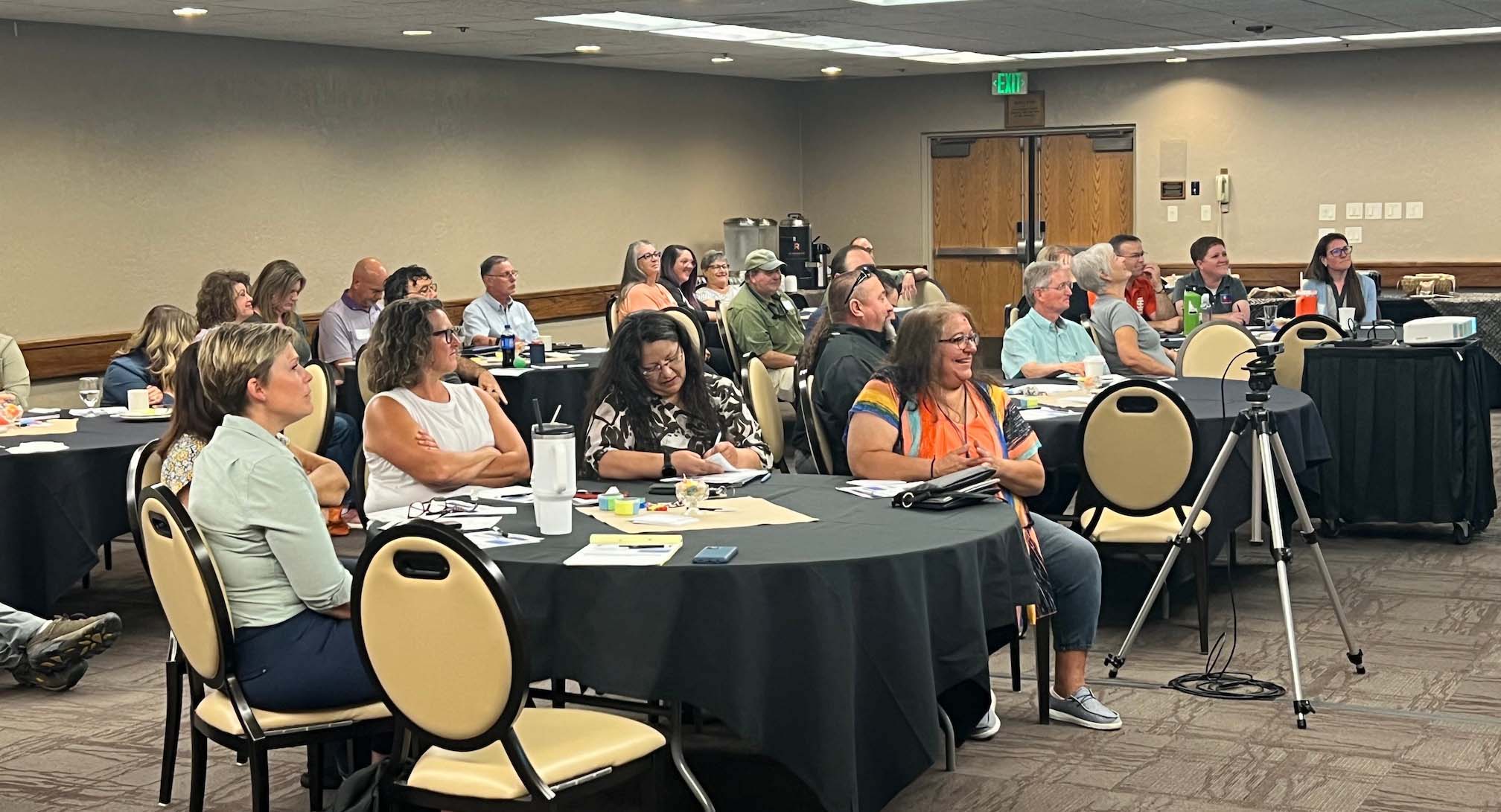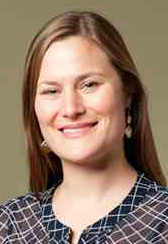
Learning collaboratives can ‘be an accelerator for social innovation’
The Blue Cross of Idaho Foundation for Health has offered our Community Health Academy since 2017 and it is one of our most impactful programs.
Community Health Academy is a learning collaborative that provides opportunities for city and community leaders to explore how they can improve the health of their communities. Attendees include mayors and city staff from Idaho who learn from local and national experts, collaborate with each other, and are provided funding to activate a program or project in their community.
We think Community Health Academy works well because it provides knowledge, encourages collaboration, offers ideas and potential solutions, plus provides essential funding to create a tangible program or project that helps build a healthier Idaho. Participants agree.
Learning collaboratives, sometimes called learning communities or learning cohorts, are becoming increasingly popular in philanthropy because they are effective. Learning collaboratives are a powerful tool when they are done right. The Blue Cross of Idaho Foundation for Health also leads and participates in these learning groups in its work in education and healthcare.

We asked Abigail Ridgway, a managing director for nonprofit social impact consulting firm FSG, for some best practices that help make learning collaboratives successful. FSG has facilitated numerous learning collaboratives and written about its work.
- The agenda should be shaped by the participants. “Ask them questions about what they want and need to learn about the topic,” Ridgway told us. This can be done in several ways, including surveys and phone calls.
- Invite the right people. “You want people who can apply the learning and have decision-making authority and design in their purview,” she said.
- Be flexible. “Things happen that may require changes. It is important that you evolve and be open to being modified,” she said.
A learning collaborative that follows these recommendations can be a game-changer.
“Learning collaboratives can be an accelerator of social innovation,” Ridgway said.
One of the biggest eye-openers for us in Community Health Academy was learning that most mayors do not regularly connect with other mayors, and the few times they do, they are not talking about community health issues. The academy fosters these connections, and they are centered on health. There are ideas and exercises that promote different ways of looking at things and encourage out-of-the-box thinking. Here are some of the things we have seen develop from Community Health Academy:
- A mayor from Eastern Idaho helped a mayor in Northern Idaho on a food-systems policy issue. The mayors had never met before attending the academy.
- One city used its academy funding to install a commercial kitchen in its senior center, creating a place where isolated seniors can socialize and share meals.
- A mayor looked at a vacant facility through a new lens and now is conducting a feasibility study to see if the building could house a childcare center.
These are just a few examples of how Community Health Academy is making an impact in Idaho. When our 2023 academy is complete in October, 38 Idaho cities will have participated in the annual program. Our goal is to have at least one-third of all Idaho cities attend Community Health Academy by 2025 because this learning collaborative helps Idaho communities.
“I feel the most energy in this type of work,” Ridgway said. “Funders and participants are excited because they do not get that opportunity for adult learning all that often outside of their organizations. People become re-engaged and recommitted. A lot of this work is hard, and it takes time. Motivation and energy are important for sustaining the work.”